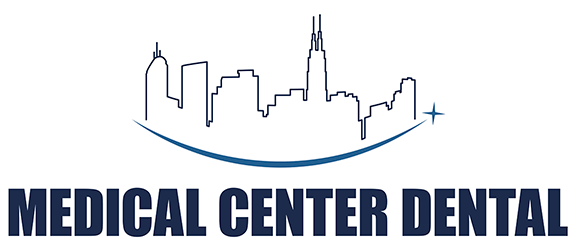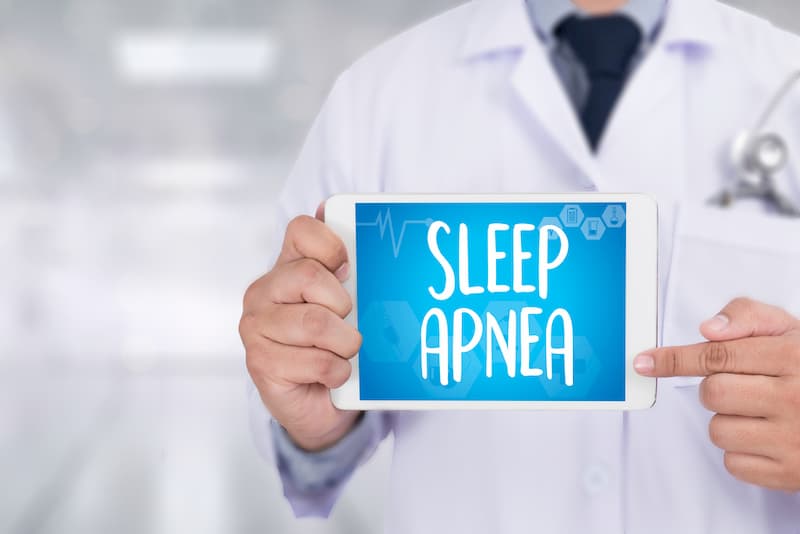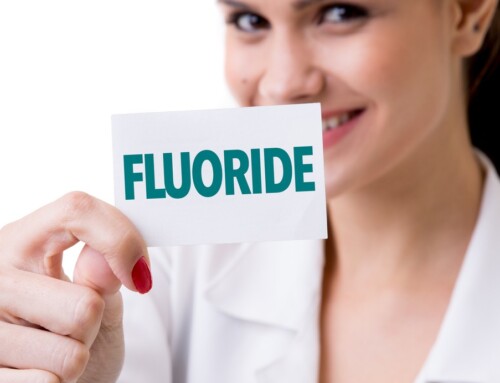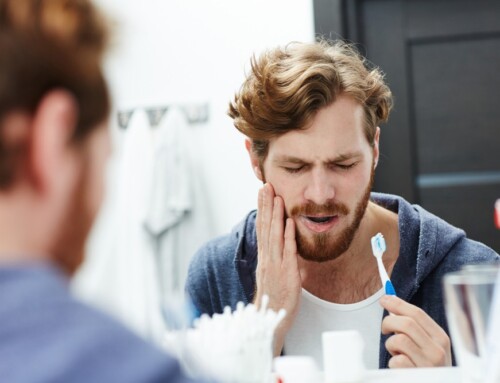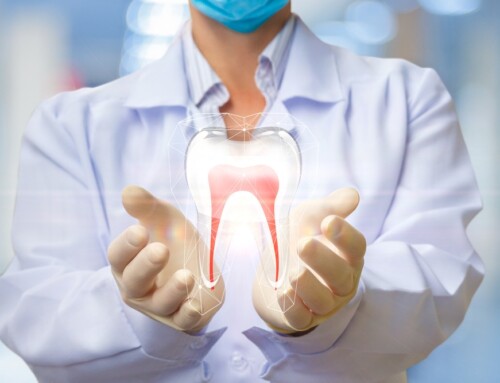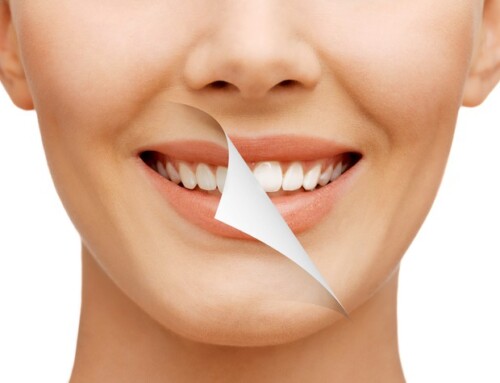Vivos Therapeutics and Sleep Apnea
After we are born, when do we start to develop our airways? The simple answer is, from day one. In most instances, the mother begins to breastfeed their child soon after they are born. Breastfeeding is the most critical step in the development of a good airway in an infant. A good airway is essential in the growth and development of a child into their adolescent and adult years. A good airway will minimize or reduce symptoms that can lead to sleep apnea in children and adults.
Find out the causes of underdeveloped airways leading to sleep apnea by Ingenious Dentistry:
Breast Feeding vs. Bottle Feeding
Unfortunately, due to Western Culture influence, we see a decline in breastfeeding. Often, the mother will breastfeed full-time for a limited amount of time, anywhere from 2-3 months. Instead, the baby is getting their nutrition from a bottle. This can lead to a reverse swallow, that will cause a tongue thrust, which will lead to sleep apnea symptoms and sleep apnea.
As the baby grows, they graduate from a bottle to a sippy cup; their reverse swallow continues, and the tongue thrust gets worse. They become mouth-breathers, which is a beginning symptom of obstructive sleep apnea since the tongue is not in the proper position. The appropriate position is up against the anterior palate behind the upper anterior teeth.
Introducing Solid Foods
As the baby grows into a toddler, most of its caloric intake becomes solid foods. Ideally, for the airway and the upper and lower jaws to develop correctly to minimize sleep apnea symptoms, this food should be hard, solid foods. The child has to take their time to chew and swallow properly. Hard, solid foods help develop the muscles, causing the bone and jaw to develop and grow properly.
The availability, selection, and types of foods for babies and toddlers in the supermarket have increased substantially over the past few decades. Many of these foods are soft, melt in your mouth, or liquid. They do not require the toddler to chew at all or for very long, lowering the child’s chances of choking on their food.
This is quite understandable, but if the toddler does not chew hard foods, their chewing muscles are not exercised properly. This can lead to stunted growth of their upper and lower jaw, resulting in a smaller mouth; with a tongue and teeth genetically designed for a much larger space, this will cause a smaller airway and is significant sleep apnea.
Sleep Apnea Symptoms in Children
Sleep apnea and poor sleep can lead to bedwetting and ADD/ADHD in young children. Irritability, lack of energy, and focus are signs and symptoms of sleep apnea in children and can stay throughout a child’s teen and adult years. Over the past 10 to 20 years, ADD/ADHD diagnosis has increased to over 10% of young children.
Clinically, children diagnosed with ADD/ADHD and those who are sleep deprived (obstructive sleep apnea) exhibit the same behavior compared to one another. Unfortunately, many children that have been diagnosed with ADD/ADHD are prescribed by their pediatricians’ amphetamines (speed) to treat and control their condition. Many of these patients will continue taking these medications well into adulthood while having obstructive sleep apnea and poor sleeping habits.
Sleep Apnea in the Teenage Years
Many young adults have sleep apnea symptoms. Crowded teeth, long narrow faces, underdeveloped jaws are visible signs of sleep apnea. For them to function correctly during the day, they resort to some form of stimulant. Some continue taking their prescribed ADD/ADHD medication or become caffeine addicts.
When asked, they will admit that they do not sleep well, grind or clench their teeth, wake up with a dry mouth, and complain that they wake up tired and are tired all day long. These are some of the many symptoms of sleep apnea. This chronic cycle of poor sleep with low oxygenation levels (sleep apnea) develops into high blood pressure, heart disease, and pulmonary issues that will cause a person to have a shortened lifespan. In many instances, some people suffer some form of sleep breathing disorders their entire life.
Obstructive Sleep Apnea
Over the last twenty years, the medical community has been concerned about the higher incidence of obstructive sleep apnea. It is not getting better, but worse. The ideal time to intervene and eliminate sleep apnea is in young children and even in infancy. Developing an adequate airway is of the utmost importance for long and healthy life.
The infants must be screened for tongue ties. Approximately 10 percent of all infants have a tongue tie, and if left untreated, causes them to become mouth breathers and develop airway issues at a young age. The earlier we can identify and treat these problems, the less likely the child will develop obstructive sleep apnea.
In addition to screening and identifying young children with airway issues, we now have treatment for developing a child’s airway and eliminating sleep apnea.
Vivos Therapeutics
Vivos Therapeutics use in young children will help correct and grow the proper airway. With the appropriate use of the Vivos appliance, we can grow and develop a child’s airway to their genetic potential.
In most cases, the Vivos appliance will eliminate the need for braces in a child. If you develop the airway properly, the upper and lower jaws grow to their full genetic potential, and the teeth erupt naturally and, in most cases, in the proper alignment. When the upper airway forms correctly, you get a healthy, beautiful smile.
Contact Ingenious Dentistry Today
It’s never too early to learn about and treat the symptoms of sleep apnea. When your children sleep better, you sleep better. Contact our office today. We are located at 6560 Fannin St #1424, Houston, TX 77030. To schedule an appointment call (713) 795-5905.
_________________________________________________________
_________________________________________________________
Our Patient Reviews
“My experiences at this dental office are always first class. Everyone from my dentist to the technicians to the admin staff are professional, friendly, knowledgeable, and helpful. I believe all the equipment and practices are state-of-the-art.”
— Paul W.
_________________________________________________________
Image Credit: Shutterstock/ one photo

